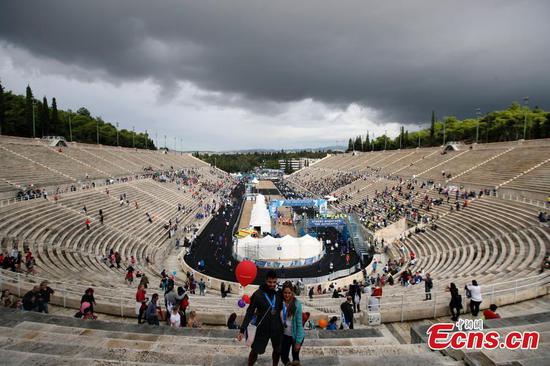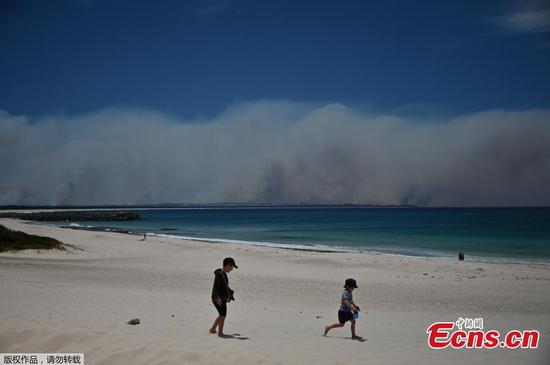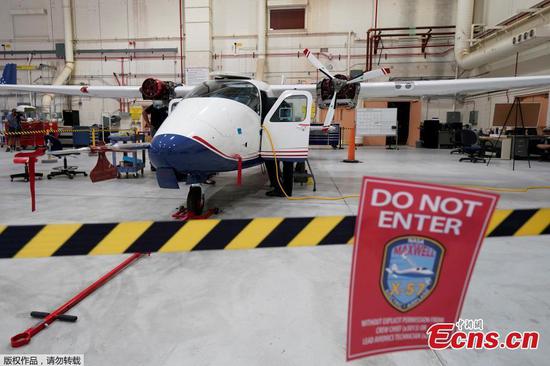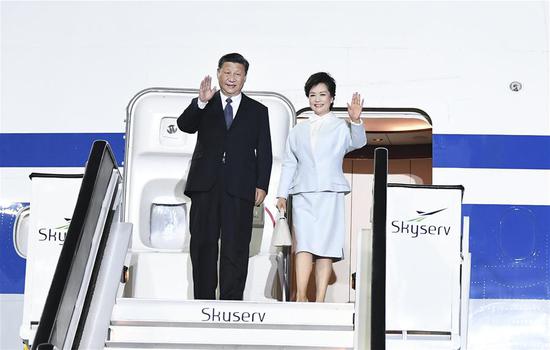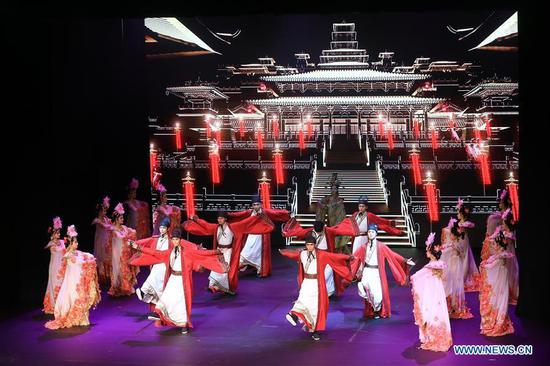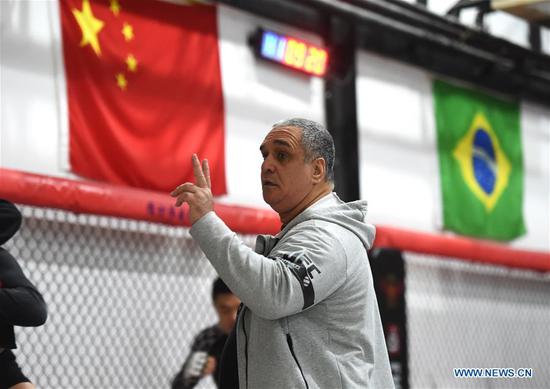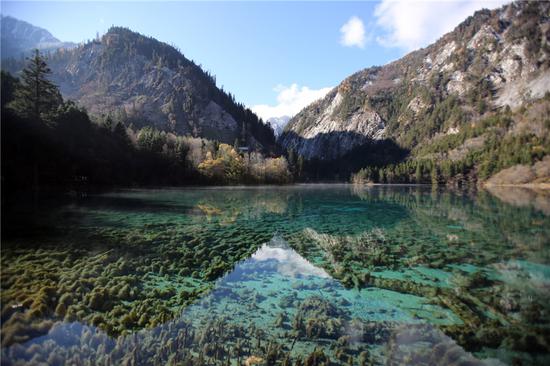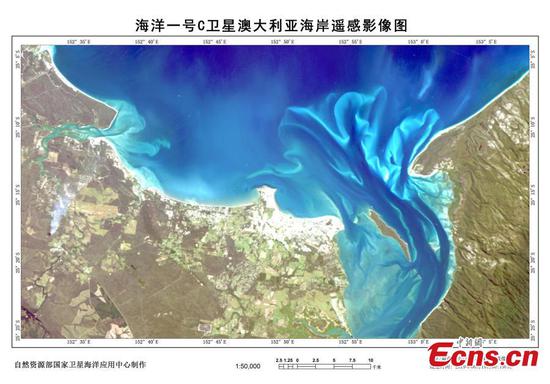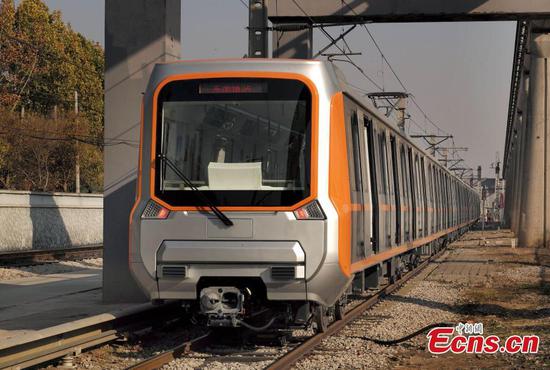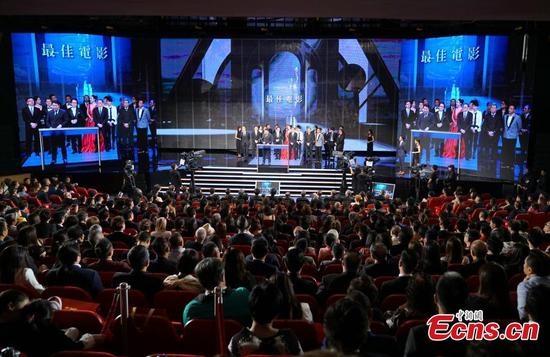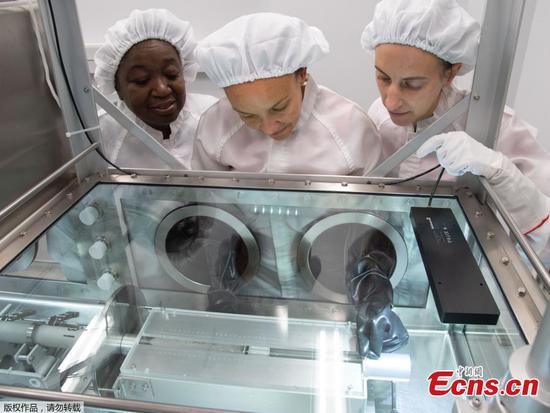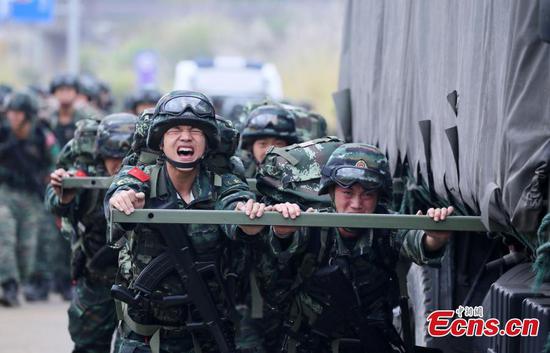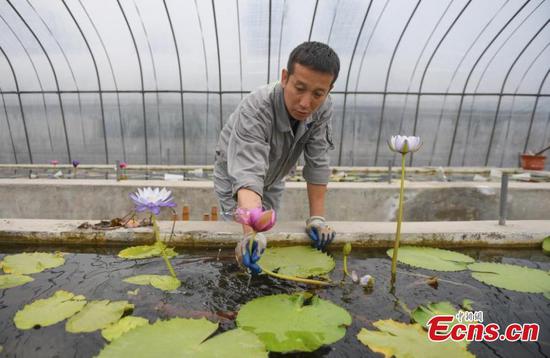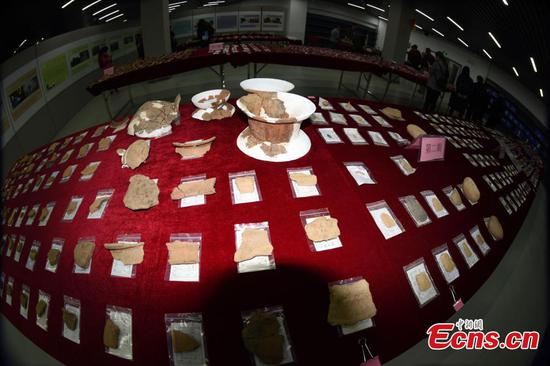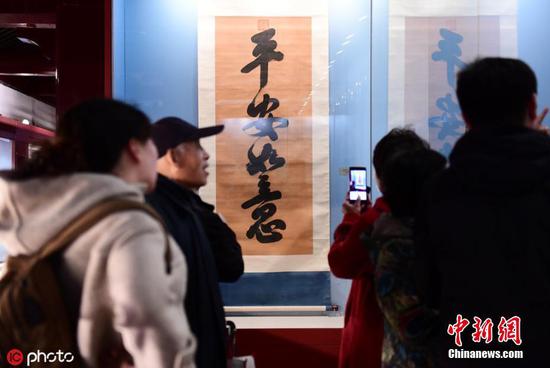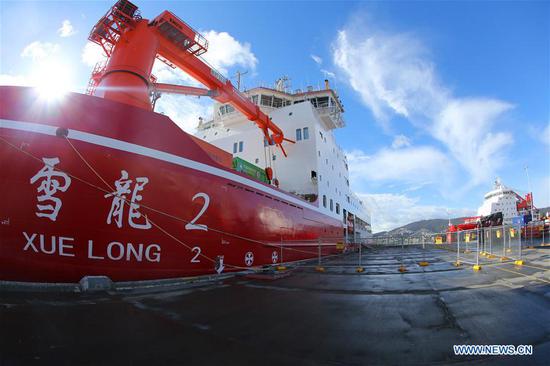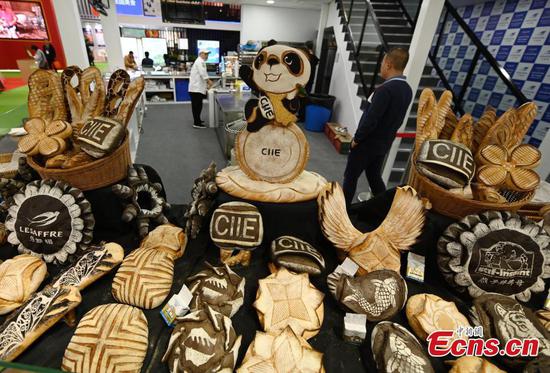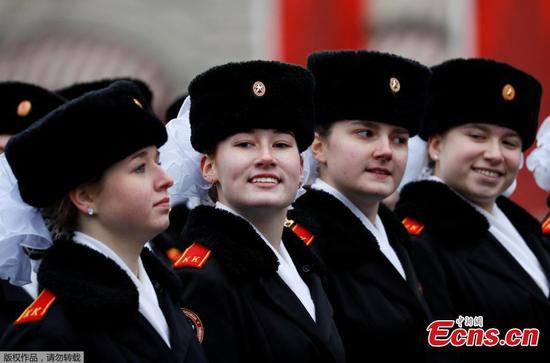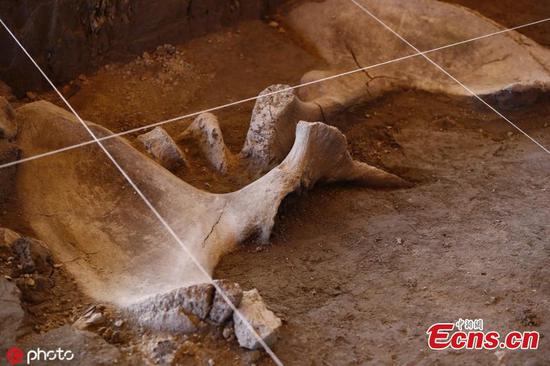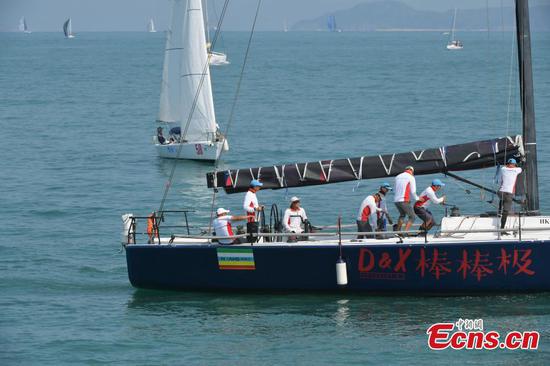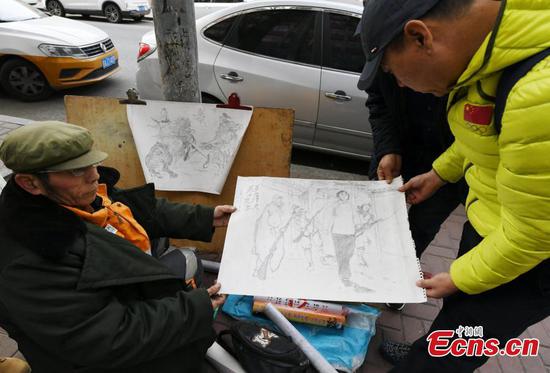Any signs of a thaw in Japan and South Korea's latest feud have now disappeared with Seoul's reiteration of its intent to end an intelligence-sharing pact with Tokyo, observers say. They suggest the dispute could get worse before the two countries reach an understanding on their historical issues.
"Nearly 75 years after World War II ended, the relationship between Japan and South Korea remains unusually fraught because the Koreans never had the psychological closure of the war to settle accounts with Japan. The two sides never reached mutual understanding over the past," Yuzo Tanaka, a professor of economics at Ryukoku University in Kyoto told China Daily, adding that the current dispute, like many others in the past, is merely a reflection of that.
Many hoped that last Monday's one-on-one meeting between South Korea's President Moon Jae-in and Japanese Prime Minister Shinzo Abe was the sign of warming relation. Their 11-minute on the sidelines of a conference in Bangkok was the first time they had met in more than a year.
"With Prime Minister Abe, I held a meaningful meeting that could be the start of dialogue," Moon said on Twitter on Tuesday, expressing optimism and implying an encouraging atmosphere for improvement since Seoul's Supreme Court ruled twice in late 2018 that several Japanese companies must compensate a group of elderly South Koreans or their descendants who were forced to work for the companies during Japan's occupation of the Korean Peninsula from 1910 to 1945.
Japanese Foreign Minister Toshimitsu Motegi, however, offered a note of caution last week: "We shouldn't give too high an evaluation of this 10-minute conversation," he said.
Motegi's caution had been proved right as Bloomberg reported on Saturday that South Korea had confirmed that it would terminate a military intelligence-sharing pact with Japan on Nov 23. Both Japan and South Korea are long-standing US allies.
"Our position on the termination of General Security of Military Information Agreement hasn't changed. We don't think the termination would weaken the alliance with the US," a Blue House official was quoted by Bloomberg as saying.
"Despite Abe and Moon having had a 'friendly and serious' talk, substantial improvement in deeply frayed bilateral ties is unlikely as no one would want to run the risk of compromising because it will provoke a backlash at home," said Yu Qiang, an associate professor at the University of International Relations in Beijing.
According to Yu, although compromise would be a profitable solution for both countries, it is hard to reach as politicians in Japan and South Korea "can only listen to their voters not the right opinion".
"The Japanese can't understand why a new generation of South Koreans are so determined to hold young Japanese responsible for the war that their great-grandparents did," Tanaka in Kyoto said, "They also can't understand why South Koreans don't accept the critical 1965 treaty which normalized relations between Tokyo and Seoul."
As a trigger of the escalated dispute, Japan argued that South Korea's compensation claims were settled by a 1965 treaty between the two sides. Seoul disagrees, arguing that agreement didn't cover emotional pain and suffering.
"Moon's action is reasonable for many Koreans because the 1965 deal never had their consent and thus lack legitimacy," Tanaka said.
The 1965 deal was signed by ROK's authoritarian ruler Park Chung-hee and sparked public outrage in that year.
"This means a certain number of South Koreans didn't agree with the treaty. They just didn't have the power to fight back at that time," Tanaka said.
Tanaka said from Japan's perspective, Moon's request is unacceptable because "how can we negotiate and give more and more to a country that ignores past agreements" and that's why the bilateral situation hit a "dead-end".
As a result, an increasing number of Japanese and South Koreans have negative impressions of each other. An annual poll conducted by Genron NPO, a think tank in Japan, showed that in 2019 the top reason Japanese hate South Koreans was "South Korea's continued criticism against Japan on historical issues" while South Koreans hated Japanese people for having "no remorse over Japan's past wartime aggression".









